
Breast Cancer Disparities
Advertisement
A study investigated how Black women with breast cancer perceive communications with their oncology care team.
Childhood cancer survivors had a 2.6-fold higher risk of mortality after breast cancer recurrence.
Black patients had the lower distant-stage 5-year overall survival compared with White and Asian patients.
Differences in the use of targeted therapies between Black and White patients decreased between 2010-2011 and 2018-2019.
Dr. Erin Dickman discusses oncology nurses' pivotal role in patient breast cancer survivorship and lymphedema management.
Hurricane Maria's impact led to delays in care and uncertainty for patients with cancer in Puerto Rico.
Dr. Bruce Dorr on what menopausal women with BRCA should know about hormone replacement therapy.
Black patients had lower rates of utilization and longer wait times for immunotherapy.
African American and Asian women had significantly lower odds of undergoing breast reconstruction.
Neighborhood environment (eg, exposure to stressors, distance to treatment facilities) may contribute to poor survival.
Studies show that young patients with breast cancer with (ER)–positive and ERBB2-negative tumors can have a poor prognosis.
Researchers sought to improve access to early palliative care for Black and Latina women with advanced breast cancer.
Researchers found that compared with White women, Black women had a higher risk of breast cancer death of a tumor type.
Individuals living in lower-income areas experience disproportionately higher rates of late-stage diagnoses and mortality.
Bilateral mastectomy did not significantly improve long-term mortality risk compared to lumpectomy or unilateral mastectomy.
Despite mounting evidence that no level of alcohol consumption is safe many people are unaware of the risks.
reports reveal preventive mastectomy is disproportionately lower among Black patients
Non-Hispanic Black women have worse breast cancer outcomes compared to White women.
Black women experience more frequent delays through the breast cancer care continuum.
Puerto Ricans with breast cancer patients suffer noble health disparities compared to non-Hispanic Whites and Hispanics.



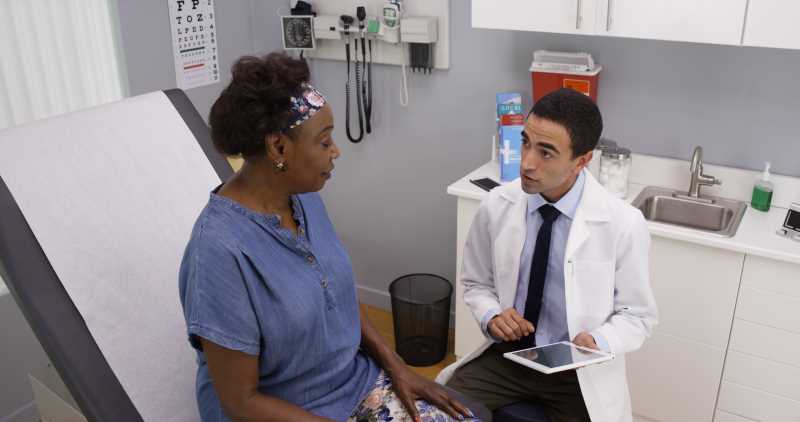

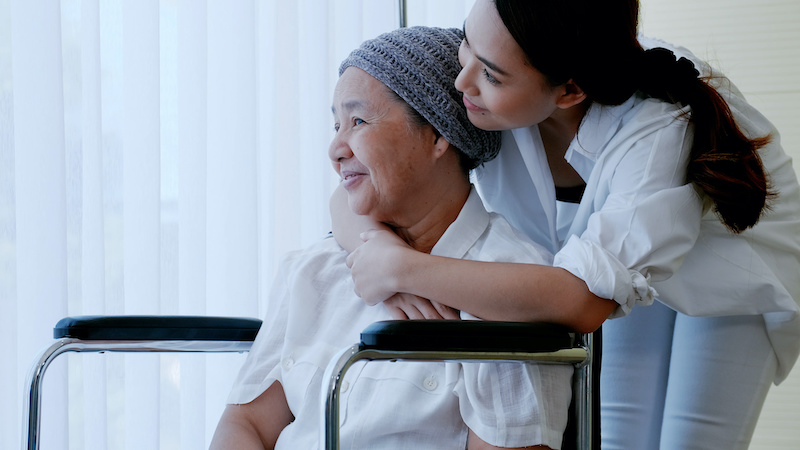

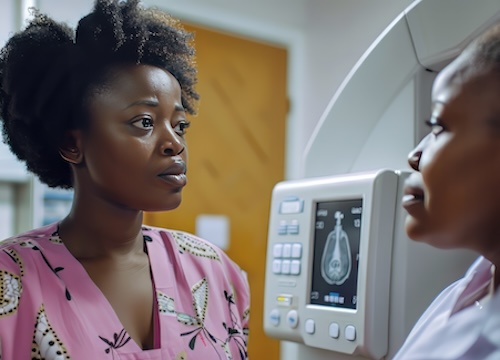
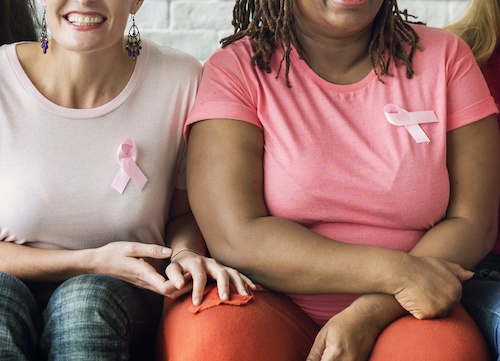


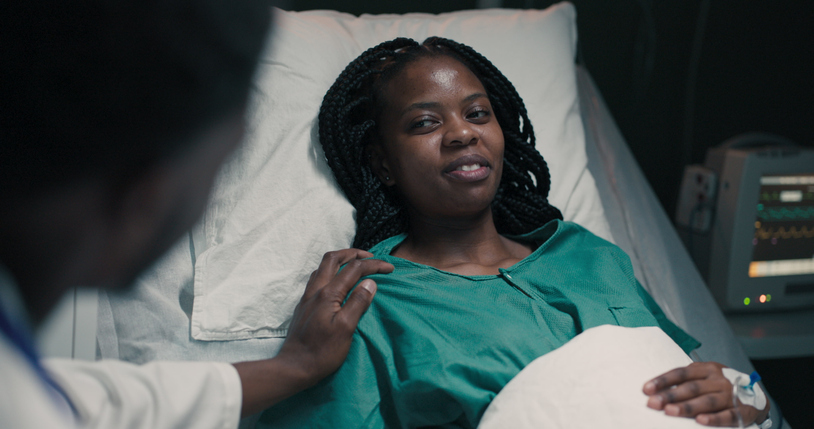






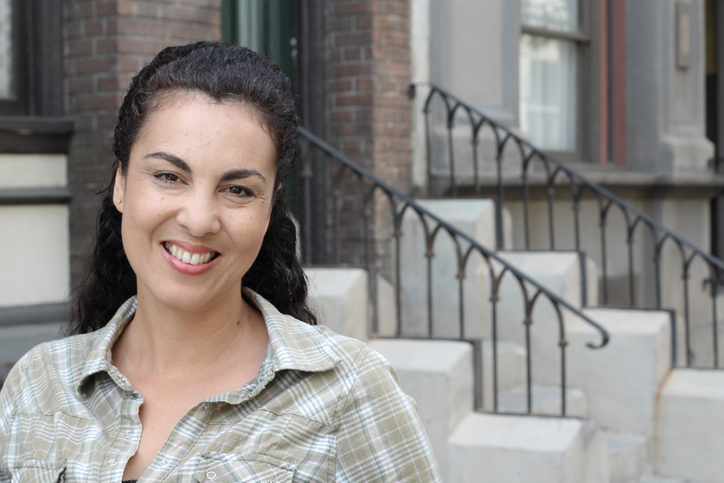

 © 2025 Mashup Media, LLC, a Formedics Property. All Rights Reserved.
© 2025 Mashup Media, LLC, a Formedics Property. All Rights Reserved.